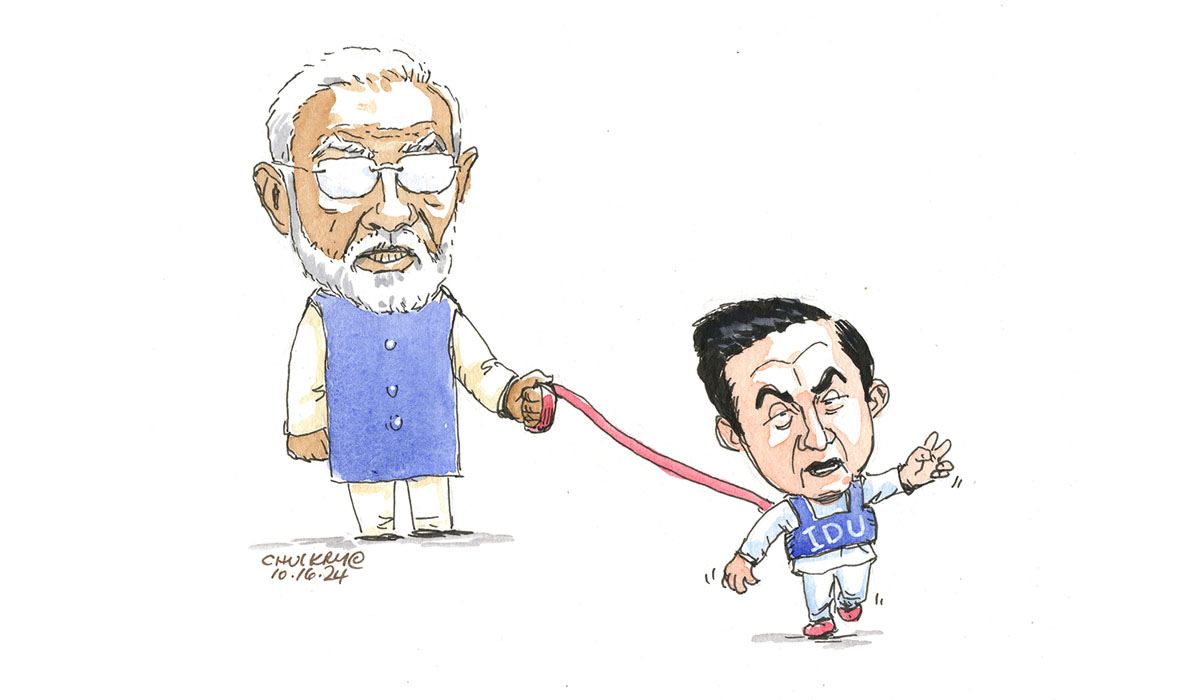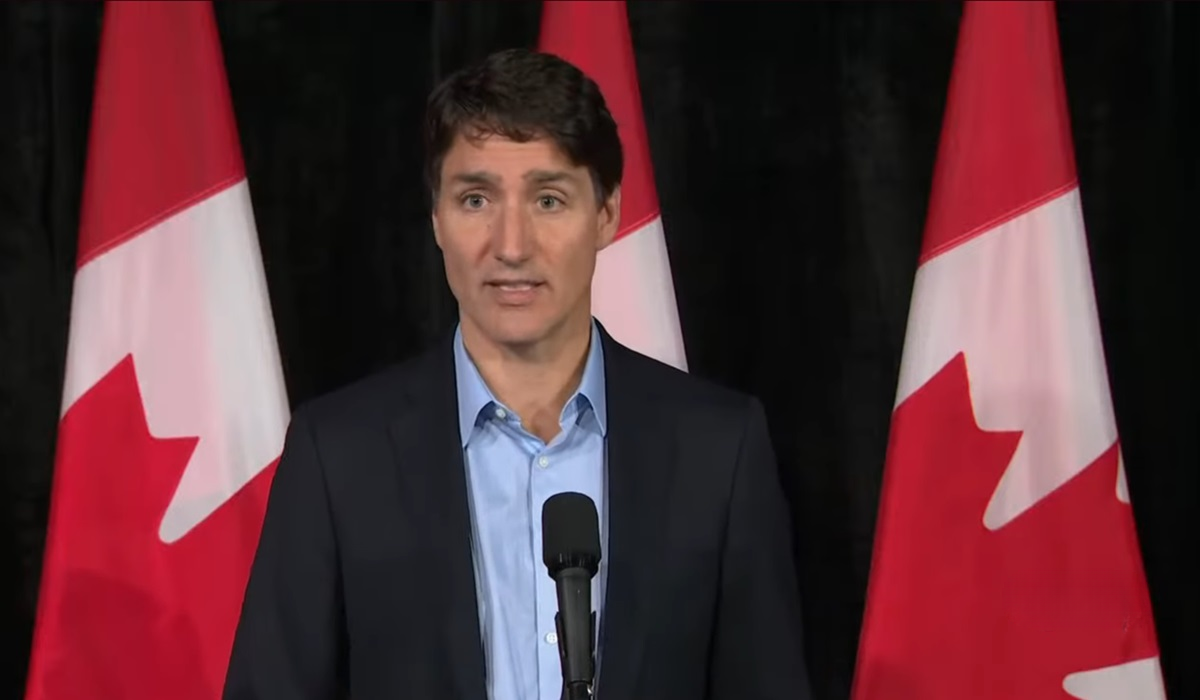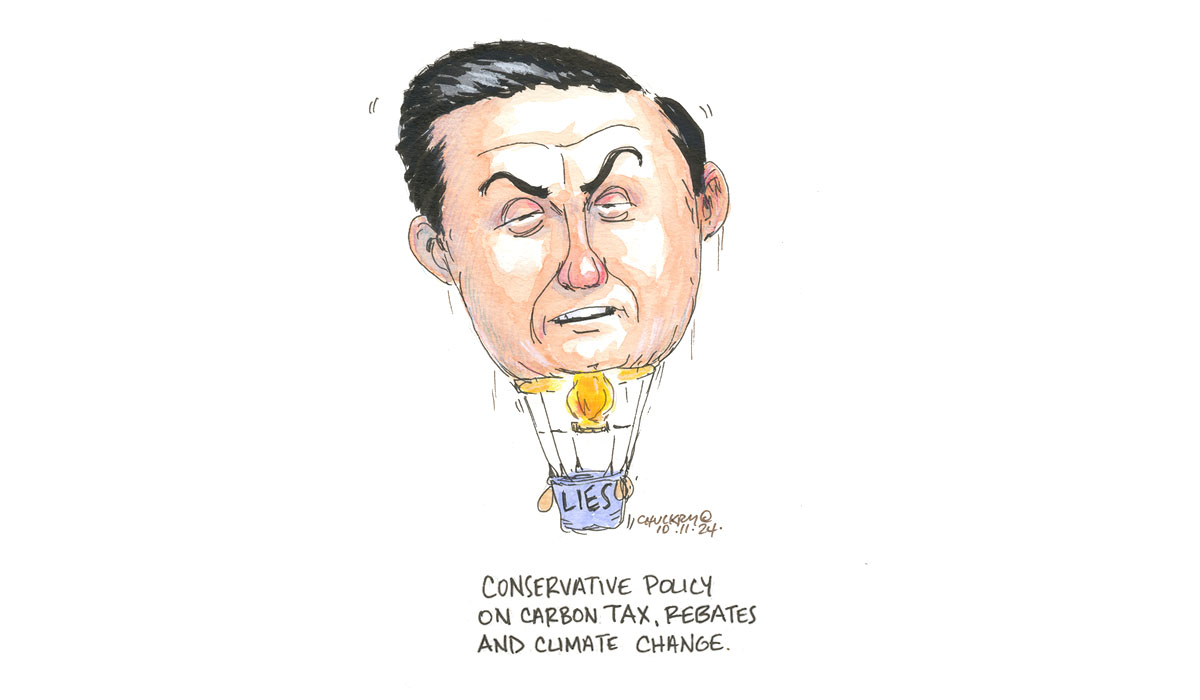In the heart of every democracy lies the promise of change. The power of the vote, the potential for new leadership, and the hope for progress are the lifeblood of democratic systems worldwide. Yet, as we traverse the corridors of modern politics, a disconcerting realization emerges: nothing changes if nothing changes. This simple, yet profound, phrase encapsulates the pervasive stagnation that has come to characterize contemporary political landscapes. The essence of this dilemma is not just in the repetitive cycle of elections, but in the deeper, systemic issues that hinder genuine progress.
Every election season, candidates flood the airwaves with promises of change and visions of a better future. They rally their supporters with grandiose speeches and carefully crafted messages of hope. However, when the dust settles and the ballots are counted, the new leaders often bear a striking resemblance to their predecessors. The cycle continues, and the promised changes remain elusive. This phenomenon is not merely a coincidence; it is a reflection of a deeply entrenched political system that prioritizes stability and continuity over innovation and reform.
At the heart of this stagnation is the outsized influence of big money in politics. Campaign finance has become the lifeblood of modern political campaigns, with candidates often spending tens of millions to secure their positions. This influx of money comes with strings attached. Special interest groups, lobbyists, and powerful unions invest heavily in candidates who will champion their causes. As a result, elected officials often find themselves beholden to these financial backers, prioritizing their interests over the needs of their constituents.
The impact of this dynamic is profound. Policies that could bring about substantial change are often sidelined in favor of maintaining the status quo. Legislation that threatens the interests of powerful donors is watered down or blocked altogether. In this environment, meaningful reform becomes a distant dream, and the cycle of stagnation continues.
Another contributing factor to this political inertia is the increasing focus on personality over policy. Modern political campaigns are often more about the candidate’s image and charisma than their actual plans for governance. Media coverage tends to highlight personal scandals, gaffes, and soundbites, rather than substantive policy debates. This shift in focus has led to the rise of politicians who excel at capturing attention but falter when it comes to delivering on their promises.
In this landscape, politicians who prioritize self-promotion over public service thrive. They master the art of rhetoric, captivating audiences with their charm and wit, while substantive issues take a back seat. The result is a political culture that celebrates style over substance, leaving the pressing needs of the populace unaddressed.
The consequences of this systemic dysfunction are dire. Voter disillusionment and apathy have reached alarming levels, with many citizens feeling that their voices are not heard, and their votes do not matter. This disillusionment is not without basis. When the political system consistently fails to deliver meaningful change, it is only natural for citizens to lose faith in its efficacy.
The phrase “nothing changes if nothing changes” becomes a self-fulfilling prophecy. As voters disengage, the same types of politicians continue to dominate the political arena, perpetuating the cycle of inaction. This apathy feeds into the hands of those who benefit from the status quo, further entrenching the existing power structures.
To break free from this cycle of stagnation, a concerted effort is needed from all stakeholders in the democratic process. First and foremost, campaign finance reform is essential. Reducing the influence of big money in politics would allow for a more level playing field, where candidates are chosen based on their ideas and capabilities rather than their fundraising prowess.
Additionally, a shift in the media landscape is necessary. By prioritizing in-depth policy discussions over sensationalist coverage, the media can play a crucial role in fostering a more informed electorate. Voters equipped with knowledge and understanding are more likely to hold their leaders accountable and demand substantive change.
Finally, it is incumbent upon the electorate to remain engaged and vigilant. Democracy thrives when citizens actively participate in the political process, challenging their leaders and advocating for their interests. By demanding more from their representatives and refusing to settle for empty promises, voters can catalyze the change they wish to see.
The phrase “nothing changes if nothing changes” serves as a stark reminder of the inertia that plagues modern democracies. Enough is enough. It’s time to dismantle the influence of big money, prioritize policy over personality, and restore faith in the democratic process. We must demand more from our leaders, hold them accountable, and refuse to accept the status quo. Our future depends on it.









